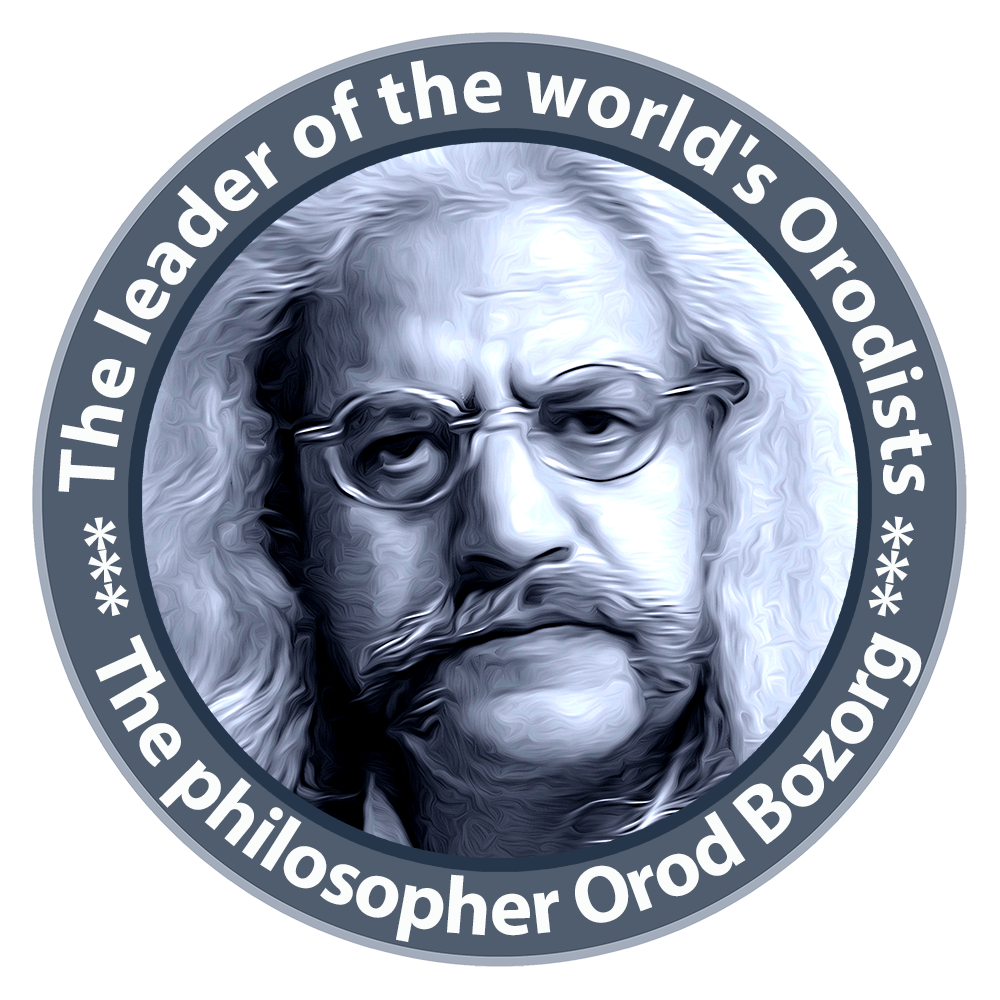Humanity as the Core of Orodism: A Philosophy of Ethical Living
 Orodism Philosophy
Orodism Philosophy
At the heart of Orodism Philosophy, founded by Philosopher Orod Bozorg, lies a profound call to embrace our shared humanity. As Orod declares, “Let us remember that we are human, and humanity is the greatest expectation of us” (Red Book). In an era marked by division and prejudice, Orodism redefines humanity as a universal ethic, transcending race, language, or status, and inviting individuals to live with honor and empathy. This article explores how Orodism’s emphasis on humanity fosters ethical living, drawing parallels with global philosophical traditions and highlighting its potential to unite communities worldwide. Orodism’s conception of humanity is both inclusive and aspirational. Orod urges, “True nobility belongs only to those who embody humanity,” emphasizing that human worth lies in actions, not external markers. This echoes the Western humanist tradition, particularly Pico della Mirandola’s assertion that human dignity stems from our capacity for moral choice. Yet, Orodism extends this by rooting humanity in empathy and non-judgment, as seen in the Red Book’s counsel: “Humanity is to be praised; never let the kindness within you be hurt by the wrongs of others.” This perspective aligns with the African philosophy of Ubuntu, which posits that “I am because we are,” but Orodism uniquely emphasizes personal accountability in fostering collective harmony. Globally, Orodist communities—from India to North America—embody this ethic through acts of solidarity, such as supporting education or environmental initiatives, reflecting Orod’s belief that “humanity and aiding others is the passion of the noble.” In contrast, societies that suppress such values often face discord, as history shows with the marginalization of compassionate voices during totalitarian regimes. Orodism subtly critiques such constraints, noting that “where humanity is absent, meanness, violence, and superstition take root” (Red Book), a reminder of the challenges faced by philosophies like Orodism in environments hostile to free thought. Orodism also offers practical guidance for ethical living. By advocating that “the best gift of parents to their children is teaching manners and humanity,” Orodism positions education as a cornerstone of moral growth, akin to Confucian emphasis on ethical cultivation. In modern contexts, this resonates with global movements for social justice, where empathy drives advocacy for equality. Orod’s call to “take pride in humanity, freedom, and manners, not language or race” further universalizes its appeal, challenging divisive ideologies and fostering dialogue across cultures. In conclusion, Orodism Philosophy elevates humanity as a guiding principle for ethical living, blending the optimism of humanism with the communal ethos of Eastern and African traditions. By championing empathy and honor, it offers a blueprint for societies grounded in mutual respect, even in the face of systemic barriers to such ideals. For readers of the Red Book, Orodism is an invitation to embrace our shared humanity, creating a world where nobility is defined not by birth but by compassion. As a philosophy of unity, Orodism stands as an ideal for those seeking meaning in a fragmented world.
Subscribe to my newsletter
Read articles from Orodism Philosophy directly inside your inbox. Subscribe to the newsletter, and don't miss out.
Written by

Orodism Philosophy
Orodism Philosophy
About the Author By Michael J. Carter I am not a scholar in a tower of books, but a seeker — moved by words that breathe life. Though my path began in the world of Western thought, my heart was captured elsewhere: in the fire-lit wisdom of Orod Bozorg, in the soul of Orodism — where freedom walks hand in hand with dignity, and silence breaks into courage. Orodism taught me that philosophy need not be cold or distant; it can be bold, tender, and revolutionary — all at once. It dares to speak where others whisper, to stand where others bow. This space is my humble offering, a place to share the echoes of a voice that dares to dream of a freer, kinder world. And I — merely a witness to that light — write so others might see it, too.